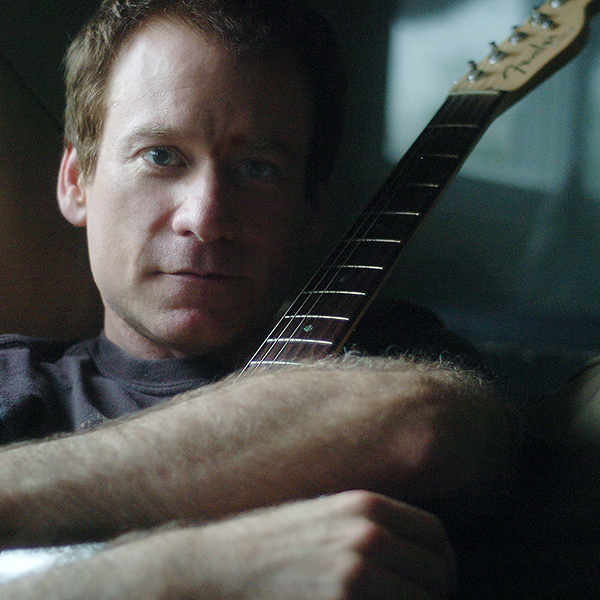by Clay Mills
May 11, 2025

I gotta tell you about the time I walked into Brett Manning’s studio thinking I’d just do a few vocal warmups, maybe stretch out the pipes a little. I left that place hitting notes I didn’t even know I had. No joke—I went from topping out at an A in the office to belting a high D at home the next day. That’s decades into my singing career, and suddenly I’m discovering new territory in my own voice.
That one session with Brett was a game-changer. It reminded me that we’re never done learning—not in singing, not in songwriting, not in life. What stuck with me most? Brett didn’t just show me what to do—he showed me what was possible.
Meet Brett Manning
If you don’t know Brett, let me fill you in. He’s the vocal coach behind artists like Miley Cyrus, Keith Urban, Taylor Swift, and so many more. The guy’s a vocal ninja, but more than that, he’s a teacher who gets what it means to connect emotionally through your voice.
I sat down with him for a deep dive into singing, creativity, and personal expression—and here’s what I learned.

1. Your Voice *Is* Your Personality
Brett dropped a truth bomb early in the conversation:
> “Your singing is your personality externalized.”
Your vocal quirks, inflections, even your imperfections—that’s what makes your voice yours. The greats like Taylor Swift and Leona Lewis don’t just sing well—they’re recognizable. And in Brett’s words:
> “If you’re not distinct, you’re extinct.”
2. Singing Is About the Nervous System, Not Just Muscles
Many vocal limitations come not from weak vocal cords, but from strong wrong muscles getting in the way. Singing high isn’t about pushing harder—it’s about relaxing and letting your nervous system adapt.
3. Don’t Force It—Find It
Brett said something I’ll never forget:
> “You can find your voice to freedom… or force your voice to failure.”
Relaxing into your voice instead of forcing the sound is where the magic happens.
4. The TEMPS Method
Brett’s coaching uses TEMPS:
– Technical: Mechanics of the voice
– Emotional: Feelings that affect performance
– Mental: Mindset and psychology
– Physiological: Health and well-being
– Spiritual: Singing with soul
5. Victory Isn’t Range—It’s Connection
Yes, hitting high notes is cool. But the real win is when you sing five notes well—with emotion. Just look at Amazing Grace. Built on a simple five-note scale, it’s the most performed song in history.
6. Finding Your Voice
Stop imitating, and start communicating. Your voice is unique. Own it. Artists like Keith Urban and John Michael Montgomery don’t just sing—they tell stories with their voices.
It’s not just about singing higher or louder. It’s about unlocking the parts of yourself you didn’t know were there. And trust me, when that happens—it’s powerful.
Write on,
Clay
share
Write Better Songs Faster
Songwriting Success is Clay & Marty's 10-day video series that will help you level-up your songs and finish them faster. Enter your email address to get started!



